Role of Epigenetics in Human Health and Disease
Introduction
Epigenetics, a branch of biology, studies changes in organisms caused by modification of gene expression rather than alteration of the genetic code itself. It is a complex field of study that has significant implications for human health and disease. Epigenetic changes can switch genes on or off and determine which proteins are transcribed. They can be influenced by several factors including age, environment, lifestyle, and disease state.
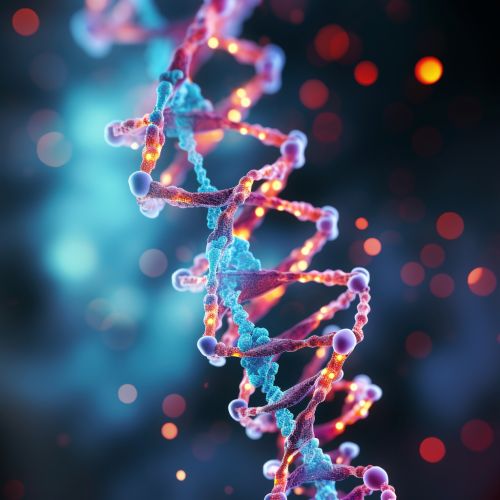
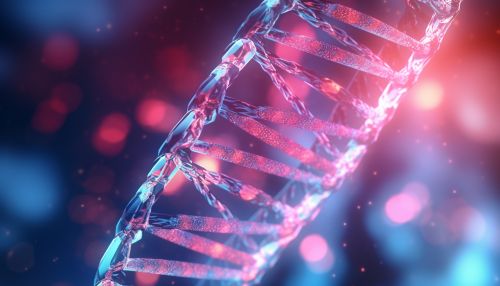
Understanding Epigenetics
Epigenetics involves changes in the physical structure of DNA. These changes are brought about by three main mechanisms: DNA methylation, histone modification, and non-coding RNA molecules.
DNA Methylation
DNA methylation is a process by which methyl groups are added to the DNA molecule. It is a crucial part of normal organism development and can influence gene expression. In mammals, DNA methylation is essential for processes such as X-chromosome inactivation, repression of transposable elements, and genomic imprinting.
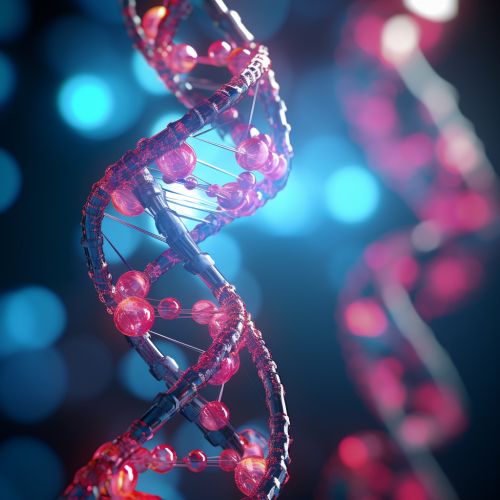

Histone Modification
Histones are proteins that help structure DNA within the cell nucleus. Histone modification involves the addition or removal of chemical groups, including acetyl, methyl, and phosphate groups. This can influence gene expression by making the DNA more or less accessible for transcription.

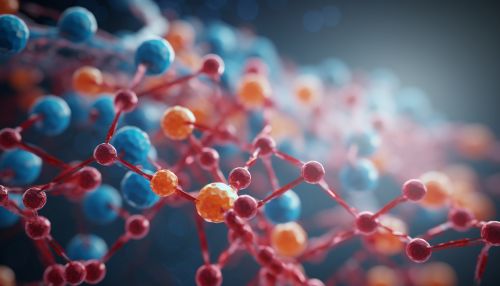
Non-coding RNA Molecules
Non-coding RNA molecules, particularly microRNAs and long non-coding RNAs, can also regulate gene expression. They do this by binding to mRNA molecules and preventing them from being translated into proteins.
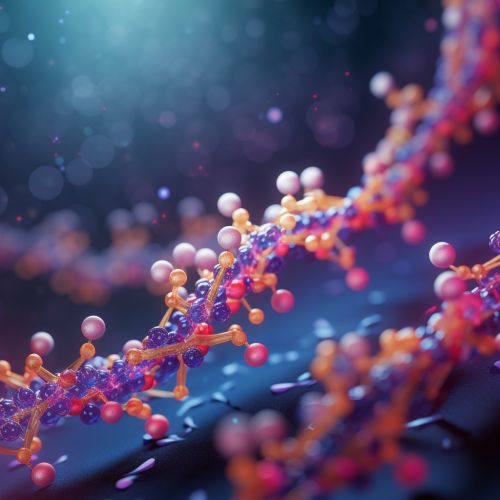
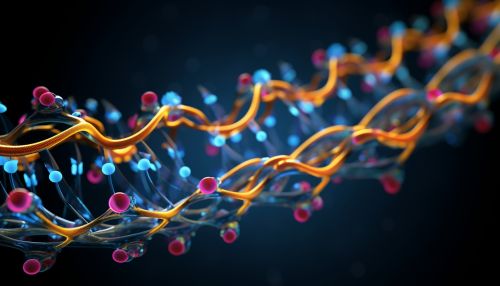
Epigenetics and Human Health
Epigenetic changes can have a significant impact on human health. They can influence the development of a variety of diseases, including cancer, cardiovascular disease, and neurological disorders.
Epigenetics and Cancer
In cancer, genes that should be switched on are often switched off and vice versa. This can lead to uncontrolled cell growth and division, a hallmark of cancer. DNA methylation and histone modification are often altered in cancer cells, leading to changes in gene expression.
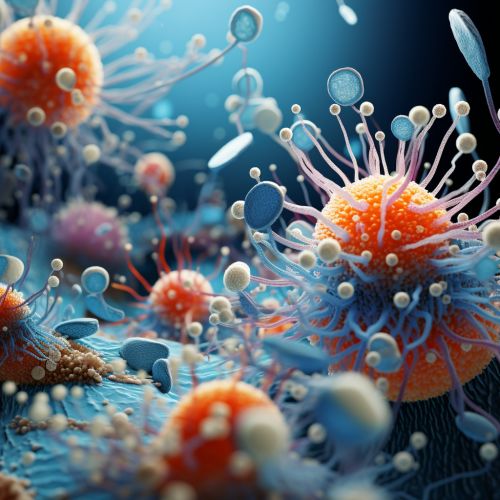
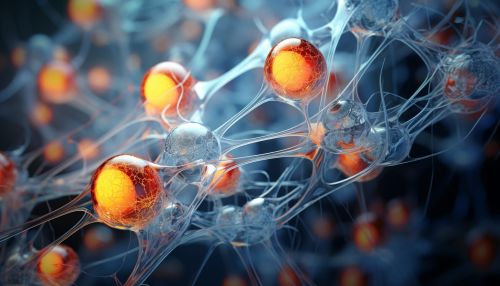
Epigenetics and Cardiovascular Disease
Epigenetic changes can also contribute to cardiovascular disease. For example, changes in DNA methylation patterns have been associated with atherosclerosis, a disease in which plaque builds up inside the arteries.
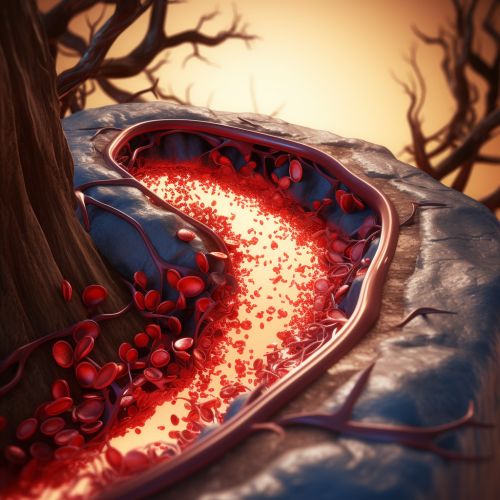
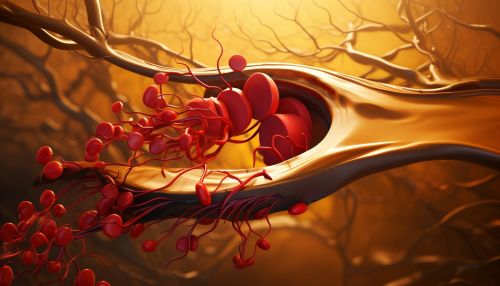
Epigenetics and Neurological Disorders
Several neurological disorders, including Alzheimer's disease and Parkinson's disease, have been linked to epigenetic changes. These changes can affect gene expression in the brain and influence the progression of these diseases.
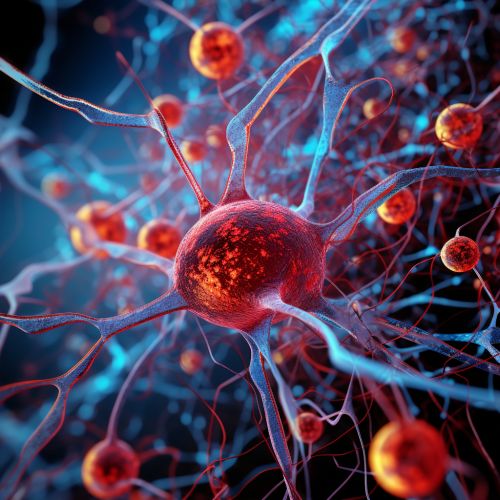
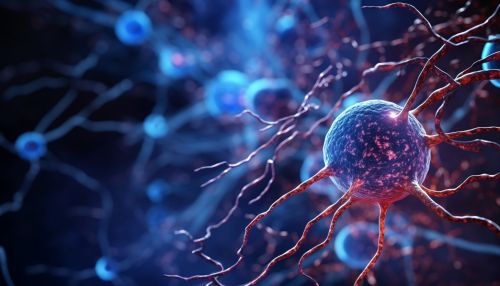
Epigenetics and Disease Treatment
Understanding the role of epigenetics in disease has led to the development of new therapeutic strategies. These include drugs that can modify DNA methylation or histone acetylation, potentially reversing the epigenetic changes associated with disease.
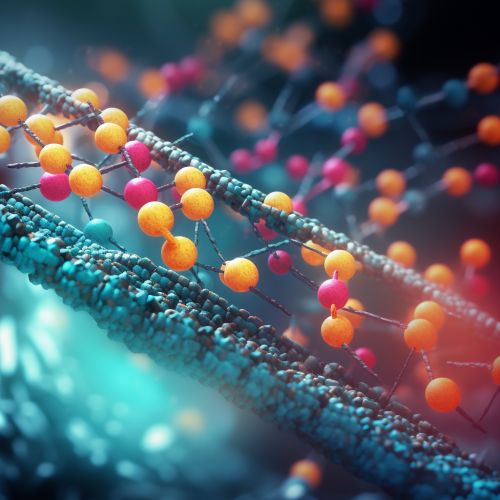
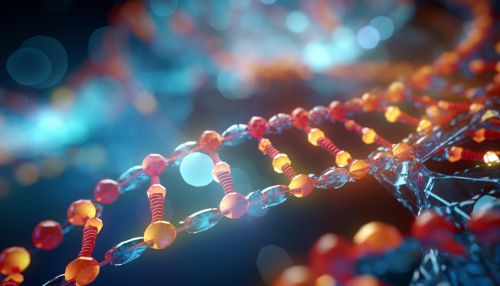
Conclusion
Epigenetics plays a crucial role in human health and disease. It provides a new perspective on how genes are regulated and how their expression can be altered in disease. This understanding has the potential to revolutionize the way we diagnose and treat a wide range of diseases.
